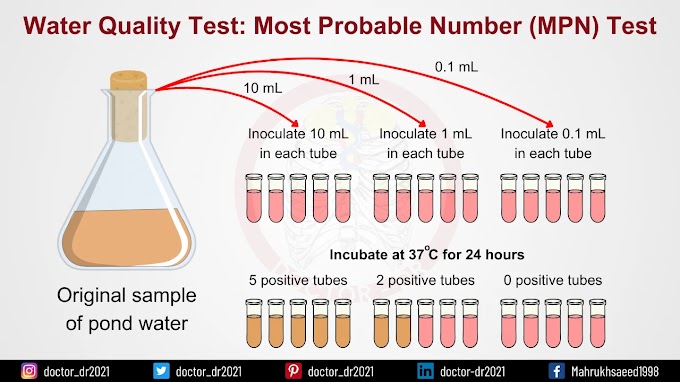What are NTM Lung Infections?
Nontuberculous mycobacteria (NTM) are a group of bacteria commonly found in soil and water. While they are harmless to most people, they can cause infections in individuals with weakened immune systems or underlying lung conditions like cystic fibrosis or chronic obstructive pulmonary disease (COPD).
The symptoms of NTM lung infections are similar to tuberculosis, including a chronic cough, sometimes with blood, shortness of breath, and fatigue. These infections can also lead to scarring in the lungs, making it harder to breathe and increasing susceptibility to other lung infections like pneumonia.
The Challenge of Diagnosis
Diagnosing NTM lung infections has traditionally been a slow and complex process. This is because NTM bacteria grow very slowly in the lab. Current methods rely on culturing samples from the lungs, which can take weeks or even months to provide results. This delay can be detrimental to patients, who may not receive the proper treatment quickly enough.
A New Hope: Faster Diagnosis with CRISPR
Researchers at Tulane University have developed a new diagnostic tool using CRISPR technology that can identify NTM infections in a much shorter timeframe. This blood test detects fragments of NTM DNA in the bloodstream, allowing for diagnosis in as little as two hours.
Benefits of the New Blood Test
- Rapid Results: This test provides results in a matter of hours compared to months with traditional methods.
- Improved Treatment Decisions: The test can also analyze the NTM DNA to predict how the bacteria will respond to different antibiotics, allowing doctors to tailor treatment plans more effectively.
- Accessibility: The blood test requires minimal equipment and training, making it more accessible for doctors to use in various clinical settings.
The Road Ahead
This new blood test is a significant advancement in diagnosing NTM lung infections. The researchers are working to expand the test's capabilities to detect a wider range of NTM species and develop point-of-care versions for even faster diagnosis.
With this new technology, we can expect a future with quicker diagnoses and more effective treatments for NTM lung infections.

.webp)






